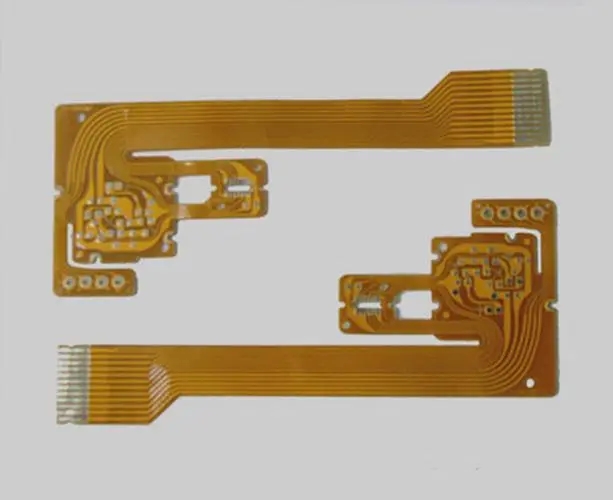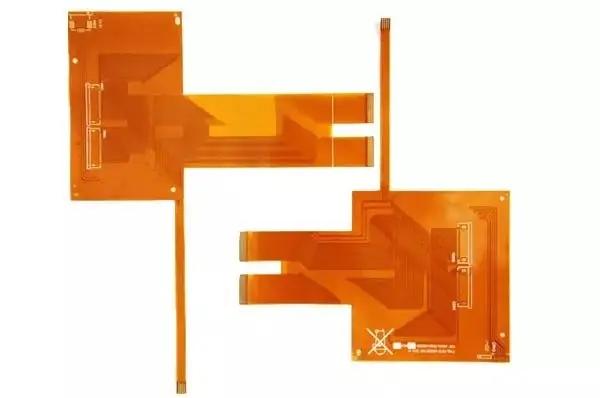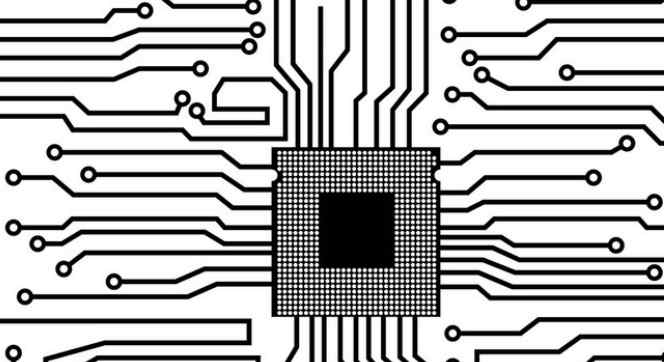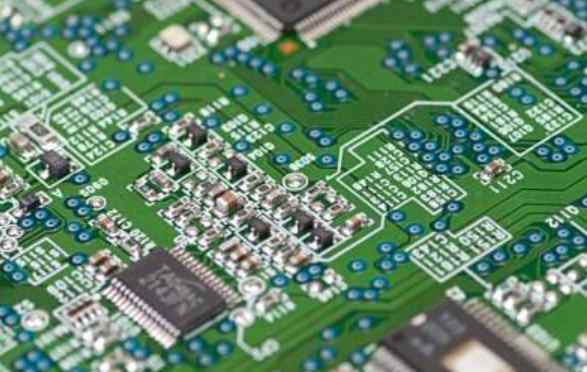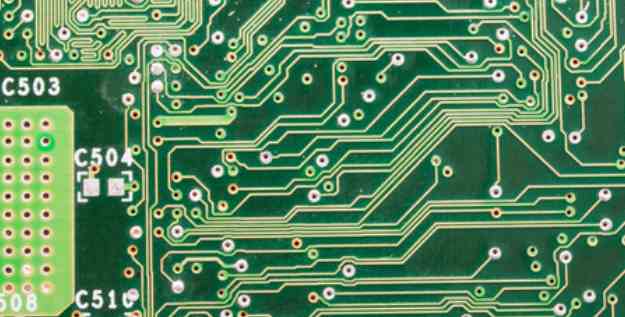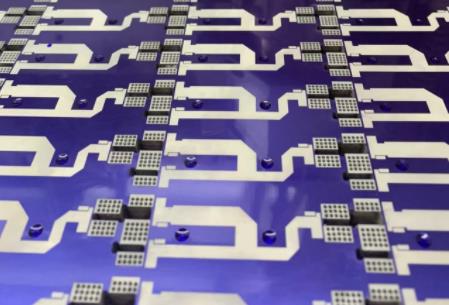
PCB Electronics Engineer: What is the IPC level of PCB?
PCB manufacturer, PCB designer and PCBA manufacturer explain to you: PCB electronic engineer: what is the IPC level of PCB?
IPC was originally known as the "Printed Circuit Board Association" of the United States, and later renamed as the "Electronic Circuit Interconnection and Packaging Association". Due to the high popularity of IPC, the name of IPC has always been used, and then the official name "IPC" was established. "International Electronic Industry Connection Association" is a supplement to the name of the association.
IPC has formulated thousands of standards and specifications, such as the following standards and specifications commonly used in the electronic manufacturing industry:

Design Criteria
The design standard of IPC-D-275 rigid printed boards and their connections is divided into three levels: A, B and C according to the precision, density of wiring and complexity of manufacturing process. IPC-SM-782 Surface Mount Design Pad Graphics Standard. IPC-SM-770 Printed Board Assembly Specification, including design requirements for surface mounting and perforation mounting.
Finished product design document specification
IPC-D-325 is a document specification for customers to design PCB and propose assembly requirements for products.
Production site standards
IPC-A-610 is an internationally recognized quality inspection standard in the electronic manufacturing industry. The second and third levels of IPC often come from IPC-A-610. This standard describes the assembly and connection structure characteristics of printed PCB that are higher than the general requirements of products, and describes the structural form of unqualified components, which is helpful for production site personnel to find and correct problems in time.
Level 1 product: general electronic product Level 2 product: special service electronic product Level 3 product: high reliability electronic product
The higher the level is, the more stringent the quality inspection conditions are. Among them, IPC level 3 is often called "industrial level".
Class I of IPC: general electronic products Class I electronic products are called "general electronic" products. It is mainly used in products with short expected life cycle. For example, some toys of low quality can be used normally when you buy them for 20 yuan, but after a few months, you turn on the power switch of the toys and find that they cannot be started. At this time, you will think it is normal, and of course, the electronics manufacturer who made them also thinks it is normal.
IPC Level II: Specialized service electronic products Level II electronic products include all electronic devices that require continuous performance and extended life cycle. To some extent, they require uninterrupted service. The sudden interruption of the service life cycle of such products may cause great losses to your company.
IPC Level III: High reliability electronic products include equipment and products that operate continuously or in strict accordance with instructions. Such products can not be interrupted in use, such as medical lifesaving, flight control, precision measuring instruments, and highly reliable products with harsh use environment. Because of their importance in this field, such PCBs must not have any flash. Once an accident occurs, it may cause irreversible losses. Therefore, not only the printed PCB needs to meet the requirements of Class III IPC, but also other electronic components need to use high reliability components to ensure the stable use of products.
The IPC PCB category reflects the quality level of each printed PCB type. Some electronic manufacturers only have the ability to produce IPC primary and secondary products. There may be no difference in the short term, but the product quality problem will be highlighted after a long time. Therefore, it is important to ensure that your manufacturer is qualified to cooperate with you to avoid the damage to your product quality. PCB manufacturer, PCB designer and PCBA manufacturer explain to you: PCB electronic engineer: what is the IPC level of PCB?


